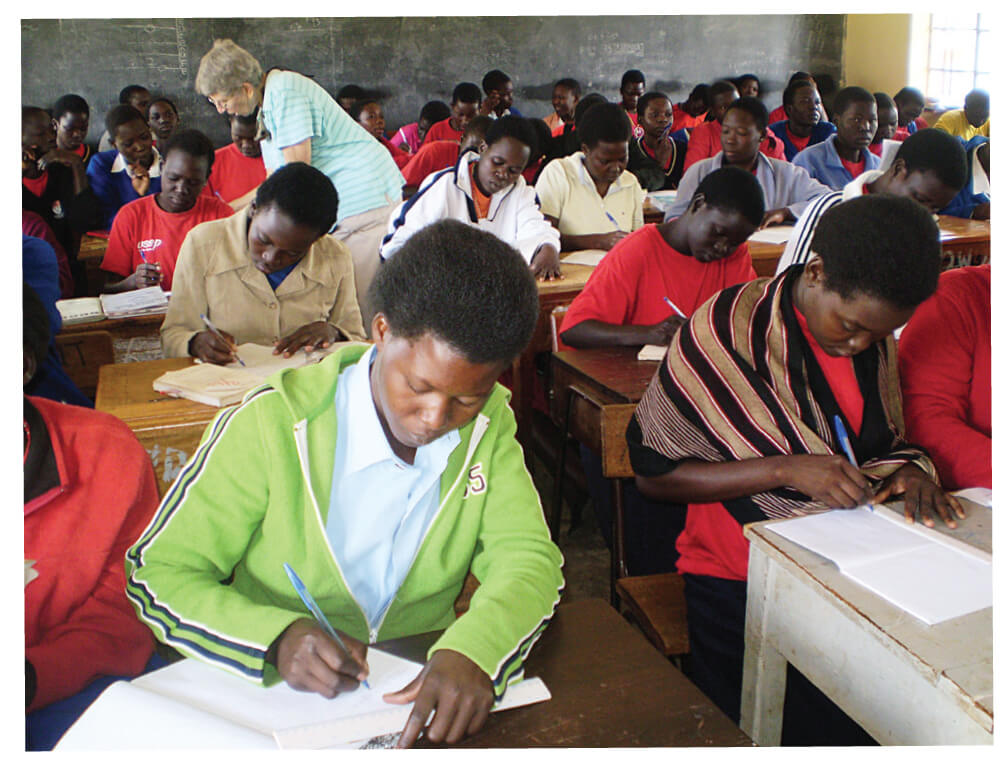
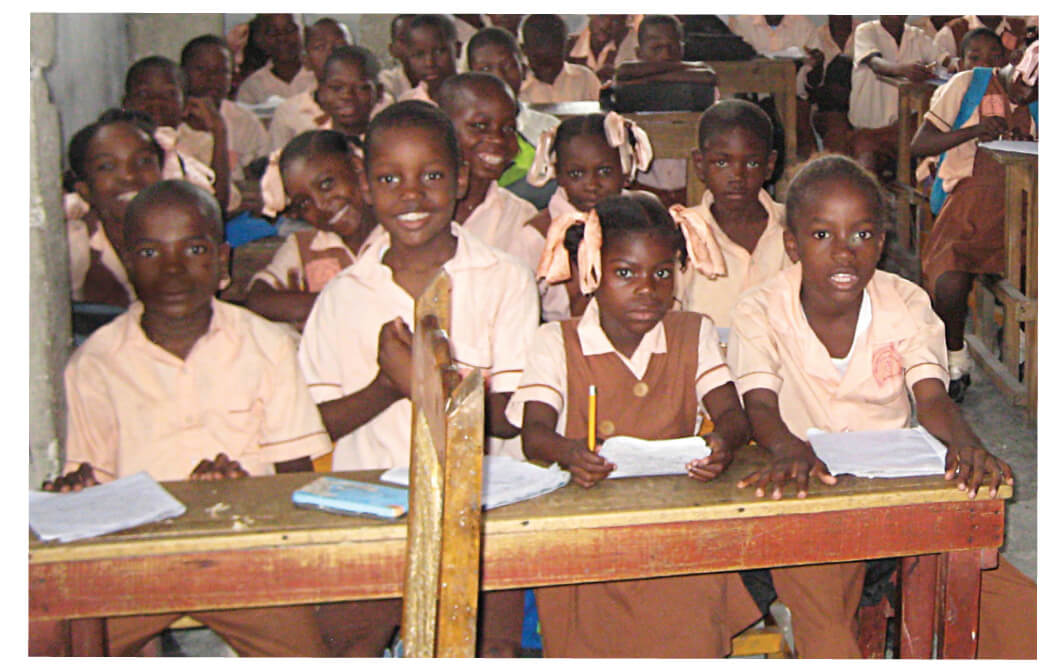
The United Nations describes its 17 Sustainable Development goals as “a global blueprint for dignity, peace and prosperity for people and the planet, now and in the future.” This world agenda extends the work the United Nations began in 2000 with eight Millennium Development Goals to be achieved in 15 years.
These efforts cut extreme poverty in half by 2010 and succeeded in having as many girls as boys receive primary education. Pockets of extreme poverty remain, especially in Southeast Asia and SubSaharan Africa. The 2030 goals extend the unfinished work of the Millennium Development Goals. The Sustainable goals aim for no poverty, no hunger, clean water, sanitation, good health and well being, and quality education.
Gender inequality and violence against women persist and work against achieving goals. War quickly destroys education and health care progress. Severe storms like the hurricane that devastated Puerto Rico set back progress on the goals.
Several new goals shift attention to climate change—to life below water, life on land, responsible consumption and production, clean energy, and sustainable cities and communities.
Search Sustainable Development Goals online at www.un.org to learn more.
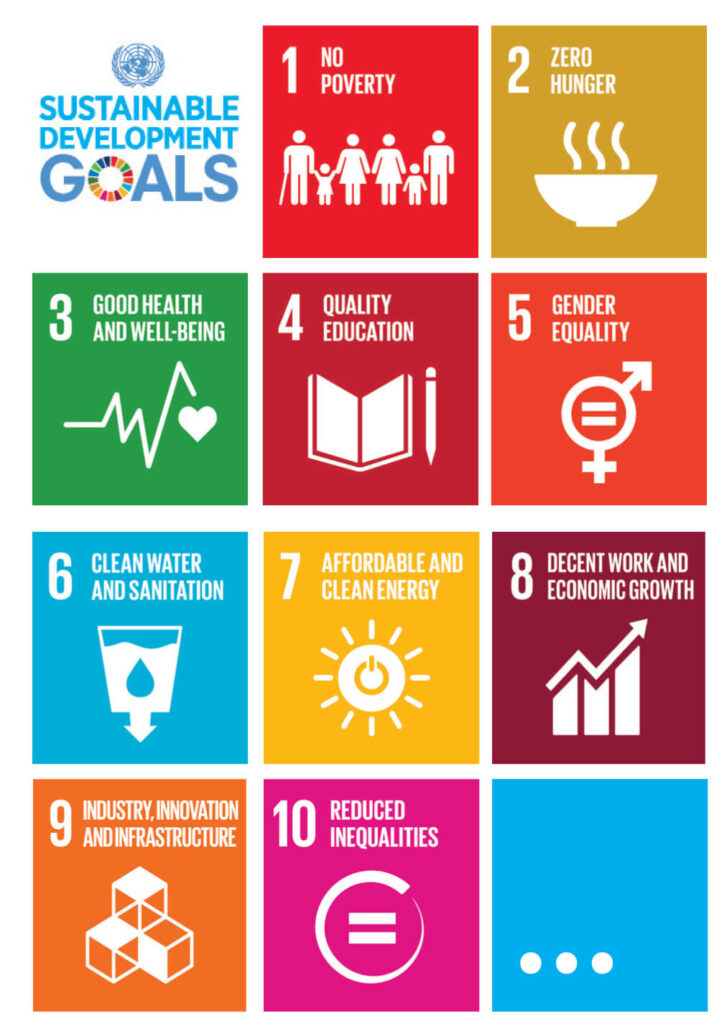
Kibera Girls Soccer Academy
by Ellie Roscher
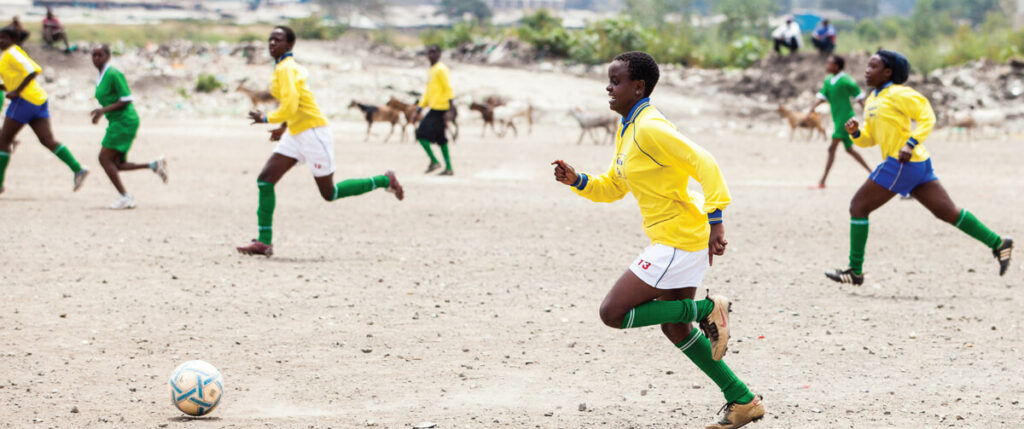
Abdul Kassim was born in the slum of Kibera, Kenya, in 1972 to a single mother. His mother died when he was 10. Devastated, he moved in with this grandmother. “She could see the hurt in my eyes, but her strength carried me. She knew that school would save me,” Abdul remembers.
On days school fees were due, his grandmother walked him to the school and paid the fees herself so that he had no chance to squander the money. It worked.
Abdul did well in school and went on to graduate college. With a degree in Telecommunications, he got a job at a cell phone company in Nairobi. In his spare time, Abdul decided he wanted to help empower the girls of Kibera.
Kibera is the largest slum in Kenya and the second largest slum in Africa. Deemed an illegal settlement by the government, it lacks basic human services like proper sanitation, running water, and electricity.
People come to the slum from rural Kenya in hopes of finding work and education. Most people living there make an average of between $1 and $5 a day.
Because secondary school is not free in Kenya, children in Kibera drop out of school in primary grades to start earning wages for the family. Girls get pressured to marry and start a family as soon as they start menstruating.
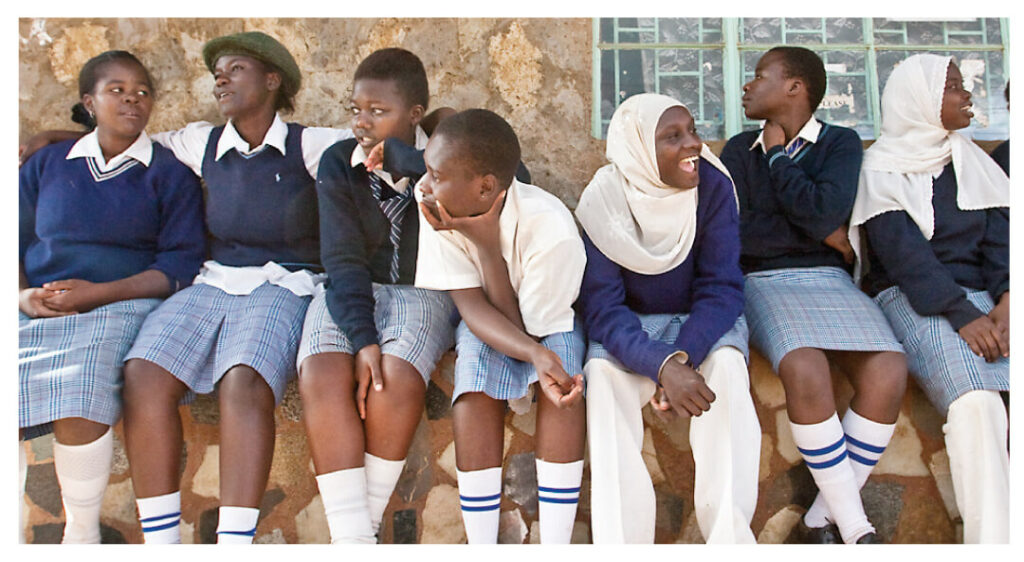
Wanting to help, Abdul noticed that the boys refused to let the girls onto the soccer pitch. “They would take the ball and tell the girls, ‘Go home and clean dishes!’” Abdul says.
So Abdul decided to start a girls soccer team. Since there were no girl teams in Kibera, the girls played the boys in tournaments. At first, the girls lost 5-0, then 4-0, then 3-0. Then one day, the girls beat the boys.
“I couldn’t believe it! They were so happy, so proud,” says Abdul. “They realized that if they can play soccer like the boys, they can do anything the boys can do. That was a big win for the girls of Kibera.”
Abdul’s players started getting older and feeling pressure to start families. One year, he lost all his strikers to pregnancy. When he asked the girls about it, they told him they were not having sex with their boyfriends. They were having sex with men for money to buy food and sanitary pads.
“When I asked how I could help, they said they wanted to go back to school and keep learning,” says Abdul. “So I started a school.”
Kibera Girls Soccer Academy (KGSA) started with one table, one textbook, and rented chairs. It was informal, but the girls didn’t care. They just wanted to learn. Abdul got the girls access to free lunch and sanitary pads, and the pregnancy cases dropped immediately.
Six years later, KGSA is a beautiful two story building with four classrooms, a science lab, and a library filled with computers and books. The school educates 130 girls every day. More and more girls go to college each year.
In addition to focusing on classroom performance, KGSA offers sports so that girls can feel strong and empowered while benefiting from being on a team.
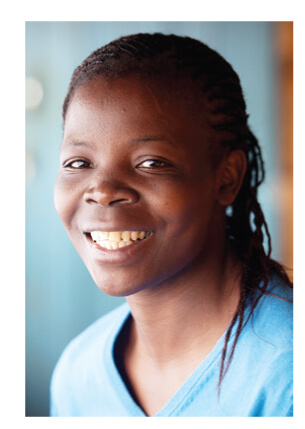
In 2011, KGSA sent two girls to play in the Homeless World Cup in Paris, France. Rose kicked the winning goal to beat Mexico 4-3 and take the Cup home for Kenya.
KGSA also takes their after school clubs very seriously. Their Solar Club, for example, teaches the girls how to make solar powered light bulbs to sell and also to use to study with at night in the absence of electricity.
Their Journalism Club teaches the girls how to write and edit for their international magazine and also take pictures and video. These are marketable skills that help the girls get jobs after they graduate.
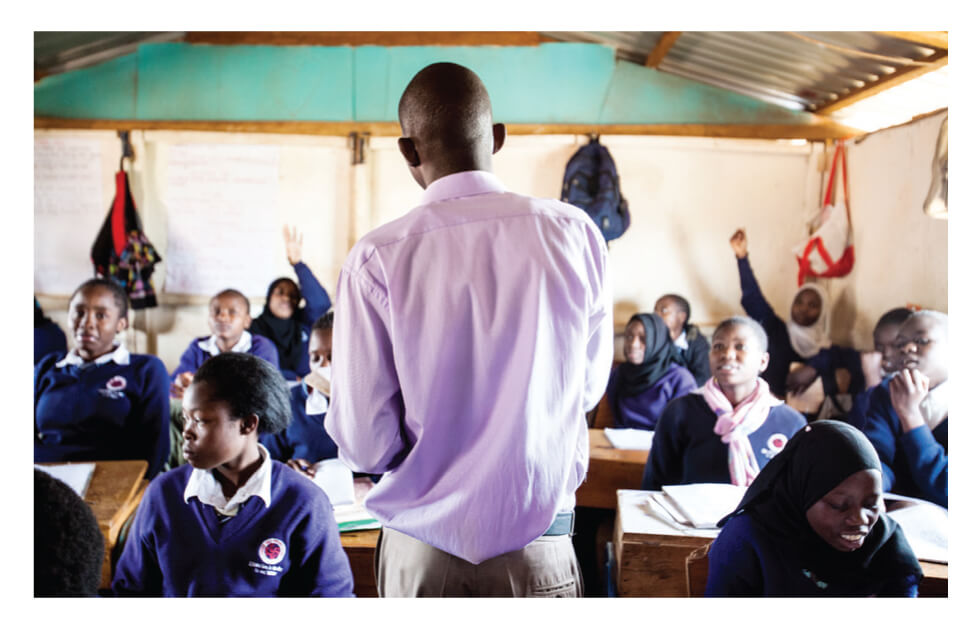
Girls in extreme poverty need more than a school. They need a family. That is exactly what KGSA is.
Linet was one of the first students at KGSA when it was just a single room. “I got made fun of for going to the mud school. I was embarrassed, but I wanted to learn.”
Linet’s dad died while she was in primary school, and her mom died of malaria while she was at KGSA. But KGSA stepped in and hired her older brother as a teacher at the school. KGSA assisted with her rent payments so she could keep going to school.
The first time she took her final exams, she did well but not well enough to apply to college. Linet decided to sit for her fourth year of secondary school a second time.
“They made fun of me and called me a repeater, but I really wanted to go to college,” she says. The second time she took the exams, she improved.
Today, Linet is studying to be a teacher at Baraton University in Nariobi.
“My mom always wanted me to be a teacher, so I know she is proud of me,” Linet says.
Claris was one of Abdul’s best soccer players. She was so good that she got a scholarship to play soccer at a secondary boarding school in Kisumu, Kenya. She did well enough on her exams to get into college, but not well enough to get a scholarship.
Being one of 14 kids in a Kiberan family, she had no money to go to college. Abdul hired her at KGSA to teach math. He had to give her money to buy teaching clothes. All Claris had was soccer attire.
Instead of hiring trained teachers from Nairobi, Abdul feels it is more important to hire women from Kibera to show the girls that they can make it, too. KGSA is paying for her to go to night and weekend classes to get teacher training. Her dream of going to college is coming true.
“My students are so proud that their teacher is in college. It gives them hope,” says Claris.
Educating girls works to raise entire communities out of poverty because girls and women reinvest their earnings back into their families and communities. For every year a girl stays in school, she is less likely to become a child bride and her earning potential goes up 10-20%.
KGSA is successfully educating girls in extreme poverty because the man who started the school is from Kibera. He understands the challenges the girls face every day.
“Everybody has to have a purpose in life,” says Abdul. “This school has been my purpose. All the positive things in my life came from women. This is my way of giving back. Seeing these girls blossom is payment enough.”
Visit kiberagirlssocceracademy.org. Read Ellie Roscher’s book Play Like a Girl.
